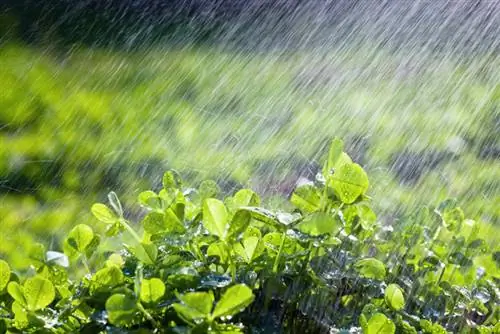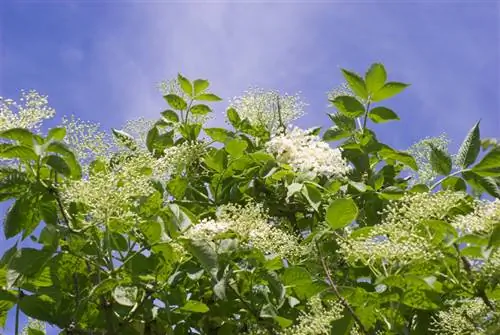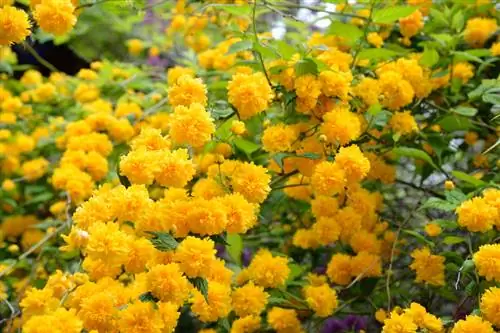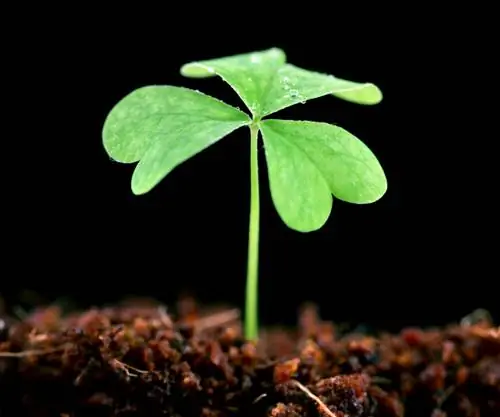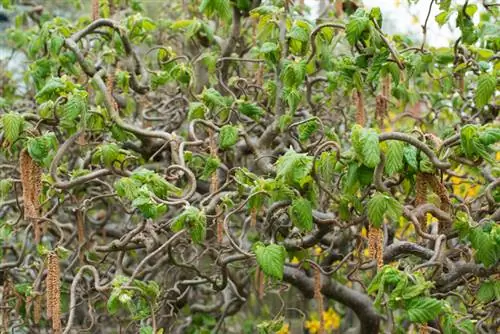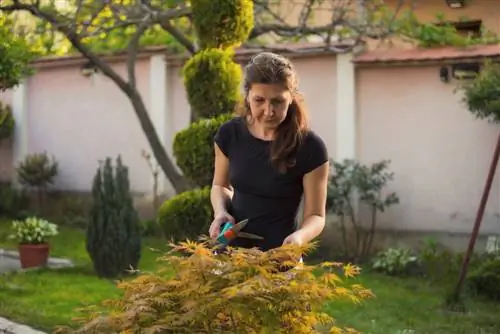- Author admin leonars@hobbygardeners.com.
- Public 2023-12-16 16:46.
- Last modified 2025-01-23 11:20.
The so-called lucky clover from the genus Oxalis is generally not hardy and is more used to add greenery to the windowsill. In contrast, species such as red and white clover can not only be seen as weeds in the lawn, but can also serve as decorative soil improvers.
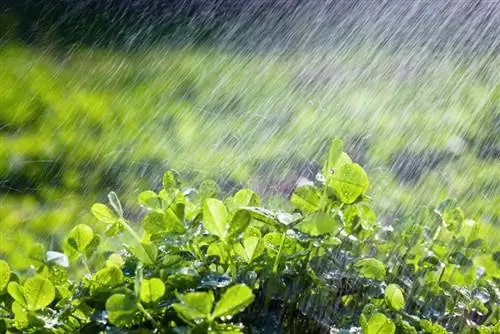
How to care for clover in the garden?
Clover care includes regular watering in dry conditions, avoiding waterlogging, fertilizing with potash and phosphate, pruning if necessary and paying attention to the hardy Trifolium species in contrast to the non-hardy lucky clover (Oxalis).
How often should clover be watered?
Clover varieties such as red and white clover are characterized by the fact that they produce good yields as fodder plants in agriculture, even in cool and rather moist locations. However, they tolerate summer droughts very poorly. Under normal conditions, natural rainfall is sufficient to irrigate clover in beds or as a lawn replacement. If there is a summer drought or specimens are in pots, you should occasionally help with a watering can or garden hose.
When can clover be transplanted?
Clover is generally not very sensitive and can almost always be transplanted without any problems. However, you should know that the roots of red clover, for example, can reach up to 2 m deep into the ground. In addition, the plants should be transplanted by autumn at the latest so that they can root well before winter.
When and how is the clover cut?
In the garden it is usually a question of taste whether the clover is cut at all. As fodder plants, red and white clover provide up to four productive cuts per year, so you can also harvest parts of the plant for your pets or for use in the kitchen. If clover is used as a lawn replacement, regular cutting is recommended for a hard-wearing, walkable area.
What pests and diseases affect clover?
The clover shrew is a beetle that is often responsible for damage to clover plants. Possible diseases of clover include powdery mildew and downy mildew, clover rust, clover cancer, brown spot disease and stem blackening.
What fertilizer should you use for clover?
Since clover itself adds nitrogen to the soil, it does not need nitrogen-containing fertilizer. What is more important, however, are fertilizer mixtures that ensure the following conditions for the clover:
- sufficient potash supply
- enough phosphate in the soil
- a pH value between 6.0 and 6.7
Is clover hardy?
While the so-called lucky clover of the genus Oxalis is generally not hardy, Trifolium species such as red and white clover can easily overwinter outdoors as perennial plants.
Tip
The planned location for growing clover should not be too shady and should not be waterlogged.

